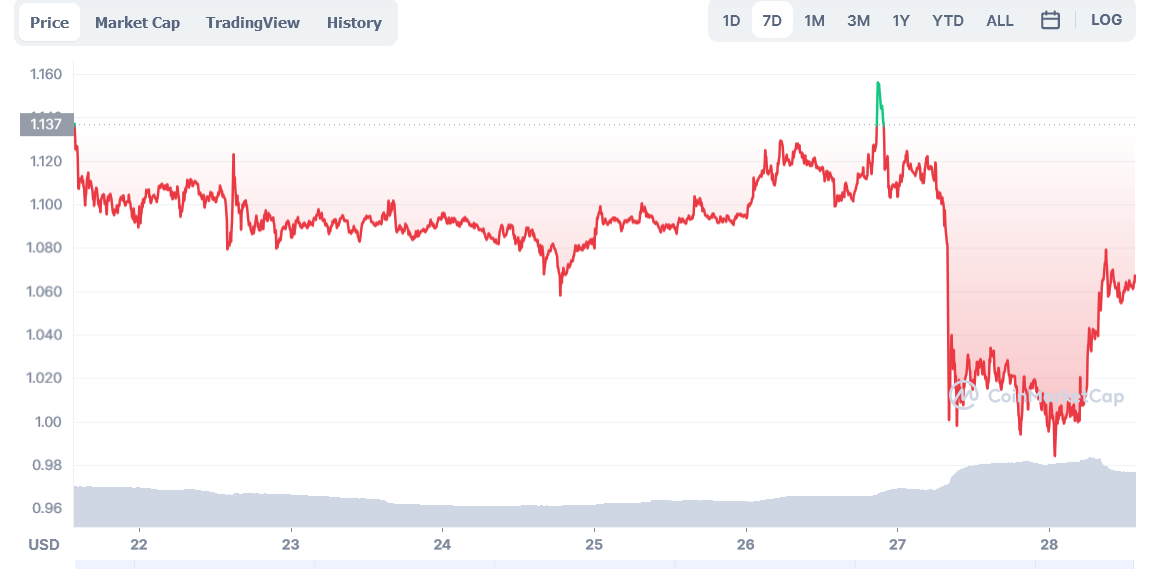The world of cryptocurrency is as innovative as it is complex, and one of the most pressing questions in the U.S. today is how to classify these digital assets. Are they securities, property, or commodities? The answer isn’t straightforward, as regulatory bodies like the IRS, SEC, and CFTC each have their interpretations.
The IRS treats cryptocurrencies as property for tax purposes, while the SEC often views them as securities if they meet certain criteria. On the other hand, the CFTC classifies Bitcoin and Ethereum as commodities. Why does this matter? Because how crypto is classified directly affects how it’s taxed, regulated, and traded.
For investors, businesses, and traders, understanding these distinctions is crucial to navigating the legal and financial landscape of digital assets. In this article, we’ll explore these classifications in detail and what they mean for the future of crypto in the U.S.
Are Cryptocurrency Considered As Property In The USA?
When it comes to crypto taxes in the USA, cryptocurrency is classified as property in the United States. According to the IRS, digital currencies like Bitcoin, Ethereum, and other altcoins, as well as NFTs and stablecoins, fall under the property category. This classification is important as it determines how crypto transactions are taxed.
Cryptocurrency may seem like a type of money to most people, but for the IRS, it functions more like stocks or real estate. The key difference lies in how transactions are handled. Every time you sell, trade, or exchange your crypto, it could trigger a taxable event.
Because of this property status, any profit made from selling crypto is subject to capital gains tax, depending on how long you’ve held the asset. If you sell after holding for more than a year, you could be eligible for long-term capital gains tax rates, which are typically lower.
Are Cryptocurrency Considered As Security In The USA?
There is still some confusion about whether crypto is considered security or not. The Securities and Exchange Commission (SEC) takes a different approach to classifying crypto assets. It doesn’t treat all cryptocurrencies the same, with some viewed as securities and others as properties.
The SEC focuses on Initial Coin Offerings (ICOs) when determining whether a cryptocurrency is a security. ICOs allow projects to raise funds by selling tokens, much like how companies issue stocks. The SEC considers tokens issued during ICOs as securities because they share characteristics similar to traditional financial assets.
To determine if a crypto token is a security, the SEC uses the Howey Test. This test includes three main criteria:
- There must be an investment of money.
- The investment is made in a common enterprise.
- Investors expect to profit from the efforts of others.

Many ICO tokens pass this test, meaning they must follow the same regulations as stocks or bonds. However, decentralised tokens complicate matters. These projects don’t have a central authority, so applying the Howey Test becomes more challenging. This grey area makes the SEC’s stance on crypto regulation an ongoing debate.
Are Cryptocurrency Considered As Commodity In The USA?
The Commodity Futures Trading Commission (CFTC) in the USA views cryptocurrencies as commodities. This includes all digital currencies, placing them in the same category as traditional assets like gold and oil. While the CFTC does not regulate the direct buying and selling of cryptocurrencies, their jurisdiction extends to derivatives like futures contracts, which became a major point of interest as Bitcoin futures became more widely traded.
When cryptocurrency futures are involved, the CFTC steps in to ensure that these financial products meet the required regulations. This helps prevent fraud and ensures fair trading practices in the market. Their role is particularly significant when crypto is traded in the form of derivatives, as opposed to simple spot market transactions.
In addition to overseeing the futures market, the CFTC also plays a role in investigating fraud cases and holding exchanges accountable for any procedural failures. Despite their regulatory efforts, the CFTC has faced criticism, particularly in light of the collapse of major exchanges like FTX, raising questions about the effectiveness of their oversight.
Who Guides Cryptocurrency Classification?
In the USA, three main agencies, the IRS, SEC, and CFTC, each play a role in how crypto is classified and regulated. However, these agencies often have different views on what cryptocurrency is and how it should be treated. This creates confusion for investors and businesses in the crypto space, as they must navigate the different sets of rules from each agency.
The situation becomes more complicated as these agencies are increasing their enforcement actions. After high-profile incidents like the FTX collapse, regulators are pushing for stricter compliance from crypto firms.
How Crypto Classification Impacts Crypto Investors In The USA?
How crypto is classified directly impacts how it is taxed and regulated, which can significantly affect your investments. The IRS treats cryptocurrencies as property, meaning that any gains from your crypto transactions will be subject to income tax and capital gains tax. This tax classification means you’ll need to track your crypto trades carefully to ensure you meet your tax obligations.

Different government agencies have varying views on crypto classification. For example, the SEC considers certain cryptocurrencies, particularly ICOs, as securities, placing them under tighter regulatory scrutiny. On the other hand, the CFTC regards crypto as a commodity, especially when it comes to futures and derivatives. Understanding how each agency classifies crypto is essential for investors, as it determines the rules and regulations they must follow.
Conclusion
The debate over how to classify cryptocurrencies in the U.S. isn’t just a regulatory headache—it’s a conversation that impacts everyone involved in the crypto space. Whether you’re a pro, a newbie or a business exploring blockchain technology, understanding whether crypto is treated as a security, property, or commodity can make a world of difference. After all, in the world of crypto, the only constant is change. So the key is to adapt, stay educated, and keep an eye on how these classifications evolve.
Market Maestro: With an uncanny ability to predict the ups and downs of the crypto market, Jordan is our go-to for all things investment. Just don’t ask him for lottery numbers; he says it’s a different kind of prediction magic.



